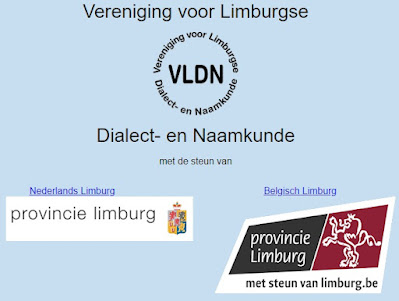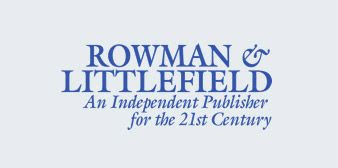link
Attention teachers and kids in all 39 counties: the Washington Secretary of State’s office has launched a new place name contest. Entries are due by Sunday, May 15.
The contest is called “What’s In a Place Name?”It’s underway now, and is open to K-12 students and classes in traditional schools or home schools anywhere in the Evergreen State.
It’s an initiative launched by a part of the Secretary of State’s Office called Legacy Washington, which is a small team that gathers oral histories and then mounts exhibits and publishes books, such as recent biographies of former governor and senator Dan Evans and former US Representative Julia Butler Hansen. Legacy Washington also leads other history-related initiatives, all under the leadership of a former newspaper editor from the Aberdeen area named John Hughes.
“What’s In a Place Name” is new this year, and the 2022 edition is being treated as something of a pilot project. Contest organizer Aaron Peplowski, a senior researcher at Legacy Washington, says the hope is for it to become an annual undertaking.
Peplowski told KIRO Newsradio that the contest’s goal is to “inspire students to look at their neighborhoods and the proper names that are on a street, or a school, or library, or a park or anything like that, and then say, ‘All right, who is this person? Why does this person have a named thing in this neighborhood, and does that name reflect the values of our community?’”
As Peplowski describes it, there’s an element of critical analysis in “What’s In a Place Name?” –they aren’t just looking for a book report about some forgotten person, they want to inspire a deeper level of thought and weighing of what can often be fairly complex factors. Peplowski acknowledges that this research and analysis might even lead to some participants considering further efforts to possibly change a current place name.
...
The deadline is coming up on Sunday, May 15. Legacy Washington has posted several helpful resources online – including a fascinating sample entry about Israel Road in Olympia. A panel of judges will select five winners who will be awarded $100 grants for their classrooms.
Winning entries will also be featured in a virtual exhibit and in publications from the Washington Secretary of State – and probably right here on a future installment of All Over The Map.
.jpg)
























